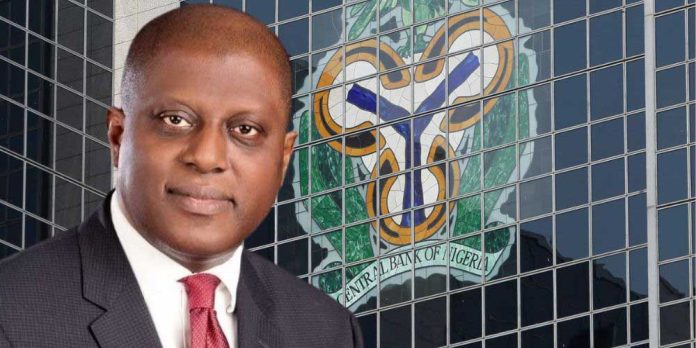Nigerians living abroad have sent approximately $1.5 billion back home over the past six months, with a remarkable $553 million recorded in July alone. This data comes from an analysis of diaspora inflows conducted by THE WHISTLER for January through July 2024.
Amid an ongoing foreign exchange crisis, the Central Bank of Nigeria (CBN) has acknowledged that remittances from the diaspora play a crucial role in supplementing both foreign direct investments (FDIs) and portfolio investments (FPIs).
The CBN aims to attract $1 billion monthly from Nigerian expatriates to bolster these financial inflows.
Since the CBN initiated reforms to enhance foreign exchange attraction, remittance figures have shown a positive trend. In January, diaspora Nigerians sent $138.56 million, a 75% increase from $79.19 million in January 2023. However, February saw a decline to $39.14 million, a 53% drop compared to $83.76 million in the same month last year.
In March, remittances totaled $104.90 million, down 24% from $138.63 million in March 2023. The first quarter of 2024 was challenging for remittances, with a total of $282.61 million, reflecting a 62.28% decrease compared to $301.57 million in Q1 2023.
However, the situation improved in the second quarter, with remittances rising to $193.31 million in April, following increased measures from the CBN to encourage diaspora contributions.
May saw remittances jump to $365.44 million, indicating strong inflows, and in July, the figures soared to $553 million—more than half of the CBN’s $1 billion monthly target from diaspora remittances.
This growth in remittances has been attributed to several initiatives by the CBN, including the introduction of 14 new International Money Transfer Operators (IMTOs) to facilitate foreign currency flows. The CBN’s Acting Director of Corporate Communications, Mrs. Hakama Sidi Ali, stated, “We are committed to removing any bottlenecks hindering remittance flows through formal channels.”
In June, the CBN implemented measures allowing IMTOs quick access to naira and permission to sell foreign exchange at the official rate.
In August, the CBN reiterated its commitment to enhancing remittance flows, stating that eligible IMTOs would gain direct access to naira liquidity through the CBN, thereby enabling timely settlements of diaspora remittances.
Another initiative introduced was the willing buyer-willing seller model, which has narrowed the gap between parallel and official exchange rates, reducing the incentive to use unofficial channels for remittances.
Over the past five years, total remittances have fluctuated, reaching $23.81 billion in 2019, dropping to $17.21 billion in 2020, and rising to $19.2 billion in 2021. In 2022, remittances increased slightly to $19.8 billion, but fell to $19.5 billion by the end of 2023.
The current administration’s reforms aim to streamline diaspora remittances and enhance foreign exchange inflows by establishing a single official window for transactions, correcting the previous system that discouraged investment.
Economists, including Bismarck Rewane of the Financial Derivatives Company Limited, have noted that the naira was significantly overvalued under previous policies, which hindered foreign investment.
Professor Olu Ajakaye, Executive Chairman of the African Centre for Shared Development Capacity Building (ACSDCB), noted that the recent increase in remittances may be influenced by government policies. He emphasized the need for these funds to be directed toward developmental projects to maximize their impact.
Ajakaye commented, “If these remittances are channeled into investments, it would indicate that Nigeria is becoming more attractive to both foreign and diaspora investors. We must assess the relationship between FDI growth and diaspora remittances to understand the overall investment climate.”
He acknowledged that many Nigerians abroad are facing challenges, often engaging in low-wage jobs, which may limit their remittance capacity compared to other nations, such as India, which received $107 billion in remittances in 2023.
Despite these challenges, Ajakaye expressed optimism that as conditions improve, Nigerians in the diaspora may increase their remittances further. “The significant jump in remittances, particularly the over $500 million in July 2024, is encouraging, but continued policy improvements are essential for sustained growth,” he concluded.
